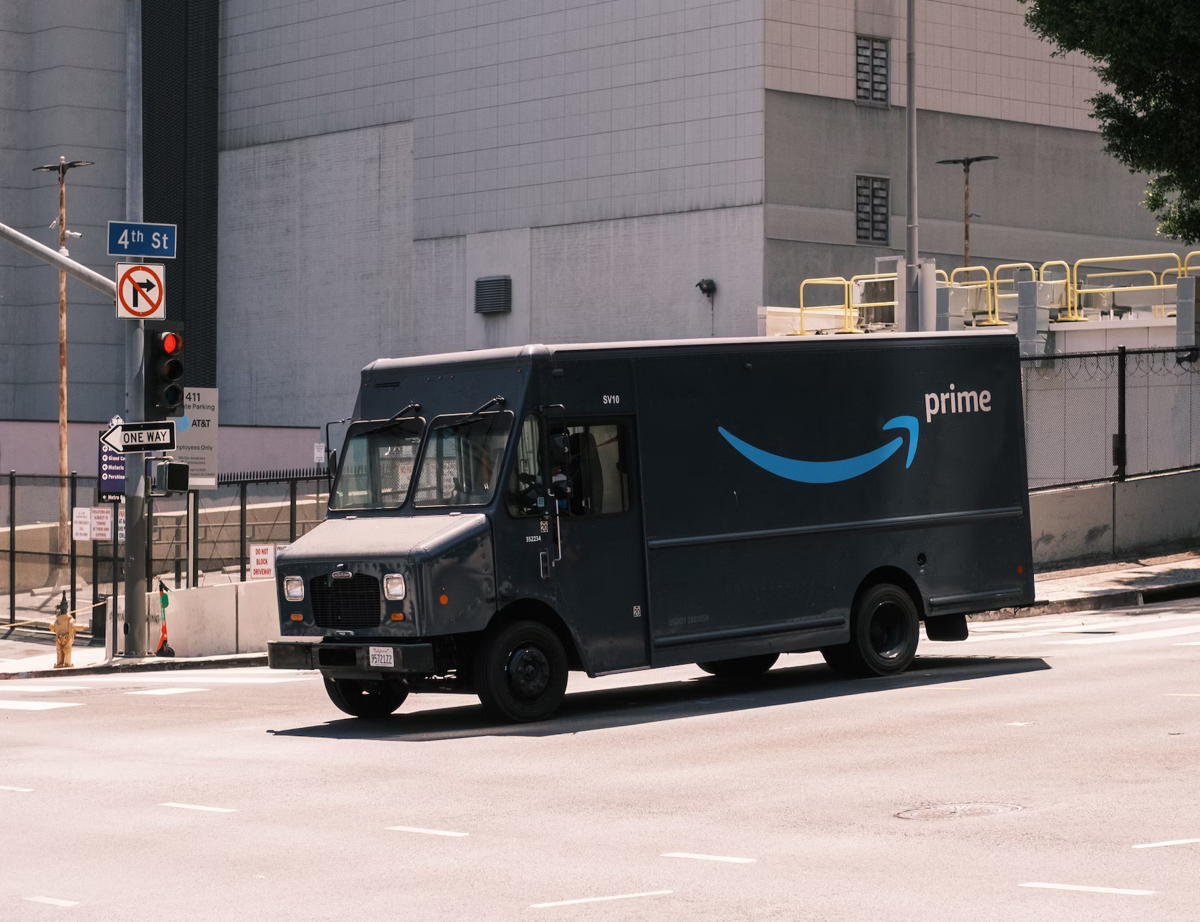Amazon Challenges £28m French Fine Over Worker Monitoring

Amazon challenges 32m euro fine from France’s data protection agency over ‘excessive’ monitoring of warehouse staff
Amazon is challenging a decision by France’s data protection regulator, the CNIL, to fine it 32 million euros (£28m) over a worker performance monitoring system that it called “excessively intrusive”.
“We strongly disagree with the CNIL’s conclusions, which are factually incorrect, and we have filed an appeal before the Council of State,” Amazon said in a statement, referring to France’s top administrative court.
The January fine targeted Amazon France Logistique, which manages Amazon’s large warehouses in France, saying the company used package-processing scanners to monitor staff’s actions and alerted management of worker inactivity exceeding 10 minutes “right up to the second”, a system the CNIL said was illegal.
The agency also criticised a system that raised an alert if a parcel was scanned too fast, in less than 1.25 seconds.

Justifying breaks
The time between employees entering the warehouse and starting work was also monitored and workers had to regularly justify taking breaks, it said.
The agency also said staff were not adequately informed of the surveillance and deemed that the data was retained for too long.
“The CNIL considered it was excessive to keep all the data collected by the system, as well as the resulting statistical indicators, for all employees and temporary workers, for a period of 31 days,” the regulator stated.
The fine followed a probe that began in 2019 following media articles and worker complaints. Several thousand staff were affected by the surveillance, the agency said.
‘Quality and efficiency’
Amazon said at the time the systems were industry-standard and necessary “to guarantee security, quality and efficiency”.
It said the system monitoring the speed at which items are stowed was necessary to ensure workers were properly checking items for damage or other problems before they were scanned for shipping.
The company said at the time it would nevertheless disable the system monitoring handling speeds and extend idle-time alerts from 10 minutes to 30.